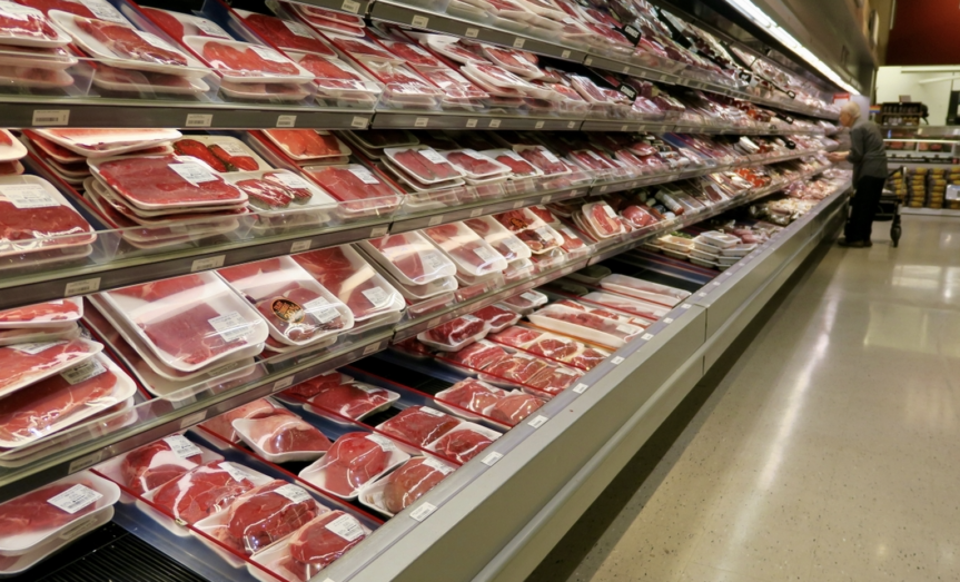The discontinuation of the term “Bidenomics” from President Joe Biden’s speeches is a conspicuous shift, especially as the White House continues to uphold the narrative that his economic plan is effective. This alteration seems to reflect a growing disconnect from reality, as many Americans grapple with significant financial challenges exacerbated during the pandemic.
Bloomberg’s recent analysis paints a grim picture of the economic landscape, indicating a substantial decline in the purchasing power of the average American family. The cost of living has surged, necessitating $119.27 today to afford what $100 could purchase before the pandemic. Such a rapid escalation in prices within a short timeframe mirrors the cumulative rise seen over an entire decade preceding the health crisis.
Almost every facet of household expenses has spiraled upward. Grocery costs surged by 25%, while electricity prices and used-car values climbed by 35% and 33%, respectively. Additionally, rents have increased by roughly 20%, contributing to the financial strain experienced by many households.
A study by the Republican members of the U.S. Senate Joint Economic Committee paints a dire picture, highlighting that despite a nominal wage increase averaging 13.6% since the onset of the pandemic, families require an extra $11,400 annually to cope with soaring expenses for food, transportation, housing, and energy. This substantial increment in living costs disproportionately affects middle- and low-income Americans, rendering their financial stability precarious.
Gene Ludwig, chairman of the Ludwig Institute for Shared Economic Prosperity, aptly points out the fragility of the middle class, underscoring their vulnerability amidst these economic challenges.
The disparities in how inflation impacts various states further underscore the uneven economic burden faced by different regions. Colorado stands out as the state with the highest additional expenditures to maintain the same standard of living compared to 2021, while Arkansas residents experience relatively lower additional costs. These discrepancies are tied to diverse local economic conditions, with housing expenses playing a pivotal role in these variations.
Comparisons to past elections draw attention to the electorate’s inclination to evaluate their economic circumstances before casting their votes. Historical references to the 1980 election between Jimmy Carter and Ronald Reagan highlight how pivotal economic considerations were in determining the election outcome. Reagan’s poignant inquiry, “Are you better off than you were four years ago?” encapsulated voters’ concerns about their financial well-being, contributing significantly to his landslide victory.
Amidst the current economic turmoil, Republican contenders vying against Joe Biden or any Democratic nominee should consider Reagan’s effective strategy of addressing the public’s economic anxieties. Emulating Reagan’s focus on assessing the incumbent’s term based on tangible economic metrics could resonate strongly with voters in the upcoming elections.

